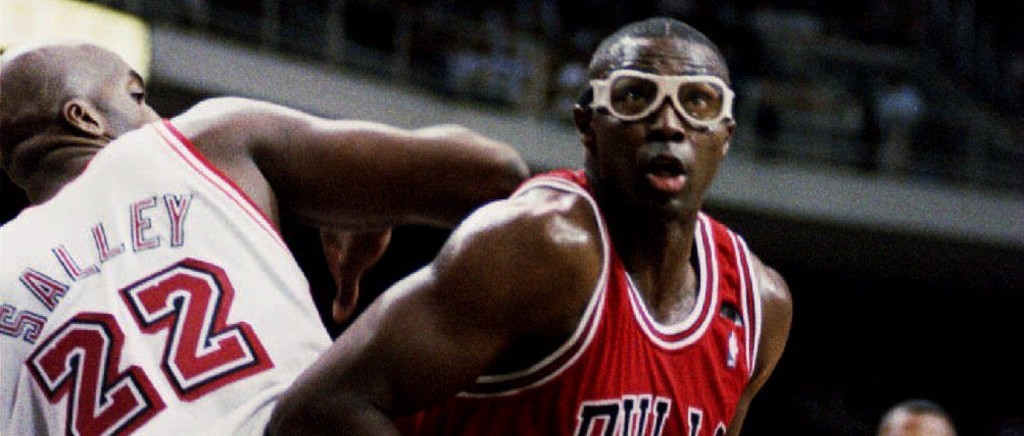
The Last Dance was wildly entertaining, but it has received plenty of criticism for being more Michael Jordan propaganda than documentary. Given that Jordan had final say on if the footage from the 1997-98 season got released, it’s not surprising that he had a hand in the production and that he was the central focus.
Media critics aren’t alone in pointing out questions of journalistic integrity with the documentary, as some of Jordan’s teammates are not pleased with their portrayals in the series. Scottie Pippen has not spoken publicly since the series started and is reportedly upset with how he’s been made out to look, with Jordan calling him selfish for delaying surgery in 1997 and them highlighting him sitting on the bench at the end of Game 3 against the Knicks in the 1994 Playoffs. Given Pippen’s stature on those teams, it’s understandable why he wouldn’t be thrilled with the selections chosen for the documentary, and he’s not alone.
Horace Grant has long had a fairly contentious relationship with Michael Jordan, stemming mainly from Jordan’s insistence that Grant was the chief source for Sam Smith’s book, The Jordan Rules. Grant denied that in the documentary, but recently joined ESPN 1000 in Chicago for an interview and offered some more full thoughts on that accusation, as well as the various places he took issue with The Last Dance and called Jordan a liar who can’t let go of a grudge, as transcribed by ESPN’s Nick Freidell.
“Lie, lie, lie. … If MJ had a grudge with me, let’s settle this like men,” Grant said during the interview. “Let’s talk about it. Or we can settle it another way. But yet and still, he goes out and puts this lie out that I was the source behind [the book]. Sam and I have always been great friends. We’re still great friends. But the sanctity of that locker room, I would never put anything personal out there. The mere fact that Sam Smith was an investigative reporter. That he had to have two sources, two, to write a book, I guess. Why would MJ just point me out?
“It’s only a grudge, man. I’m telling you, it was only a grudge. And I think he proved that during this so-called documentary. When if you say something about him, he’s going to cut you off, he’s going to try to destroy your character.”
…
“Charles Barkley, they’ve been friends for over 20, 30 years,” Grant said. “And he said something about Michael’s management with the Charlotte Bobcats or the Charlotte Hornets, and then they haven’t spoken since then. And my point is, he said that I was the snitch, but yet and still after 35 years he brings up his rookie year going into one of his teammate’s rooms and seeing coke, and weed and women. My point is: Why the hell did he want to bring that up? What’s that got to do with anything? I mean, if you want to call somebody a snitch, that’s a damn snitch right there.”
The Barkley anecdote refers to the recent feud between former friends that Barkley believes won’t ever be resolved and that it makes him “really sad” to this day. Grant would go on to call The Last Dance a “so-called documentary” because it told the story from just one viewpoint, Michael’s, and also took issue with the portrayal of Pippen, questioning why they had to include the bench incident given Jordan wasn’t even there.
The documentary served its purpose in a few ways, most notably bringing Jordan back to the forefront of the sports discussion and giving everyone something to watch and enjoy for a month when we all really needed that. However, it was very obviously a Jordan documentary first and foremost, and a Bulls documentary second. As such, Jordan’s teammates, particularly those that were most prominent and played the biggest roles in helping them win all those championships, feel rightfully slighted by it and aren’t thrilled with the perspective given.
